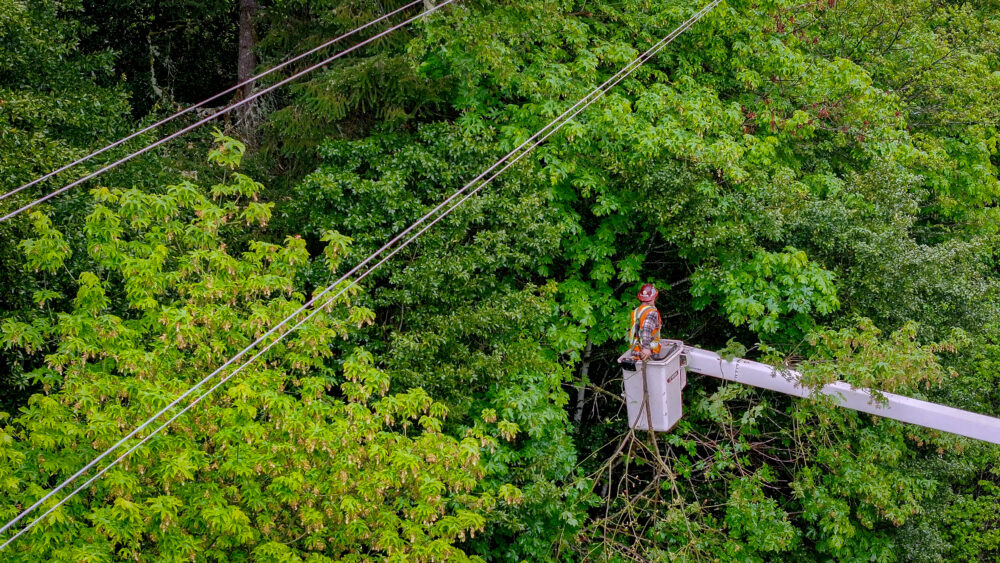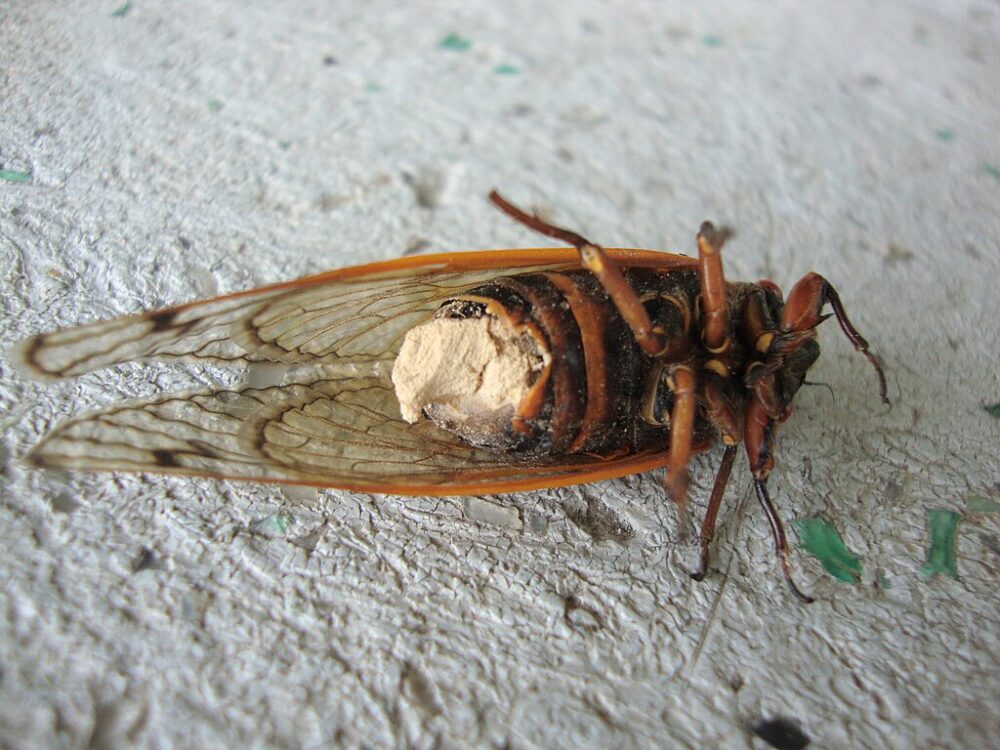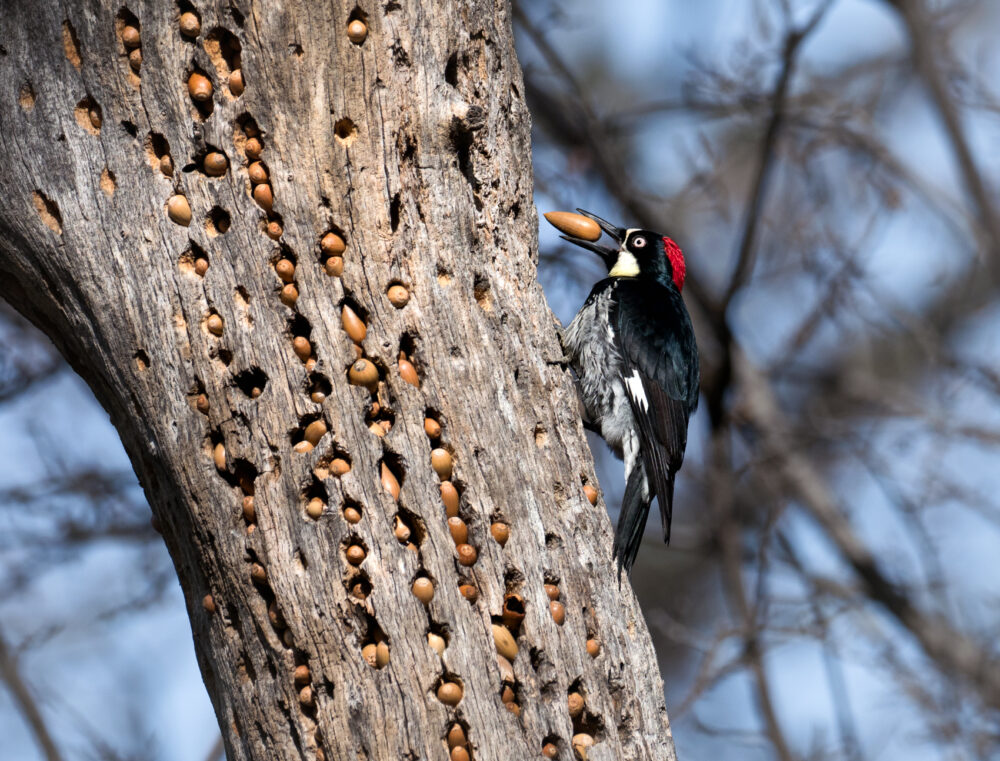We have much more to do and your continued support is needed now more than ever.
Do You Still Believe You Can Make A Difference?
Taylor Francis is an inspiring young man from San Francisco who believes he can make a difference. Here is a 15-year old high school student who has rejected the widely-held belief that one person cannot make a difference on climate change. Taylor is the youngest of the one thousand Gore-trained Climate Project presenters and he is literally changing the world with his passion and knowledge. He has now spoken about the urgency of global warming in scores of slide presentations to about ten-thousand people.
This summer, Taylor is going to extend his message to places where he has never been before. He is planning a trip to China in June to speak to potentially tens of thousands of high school and college students in Shanghai and Beijing. His trip was just approved this weekend by Chinese officials and Taylor is now doing his research on what the Chinese people can do to stop global warming.
Like Taylor, do you think you can make a meaningful difference addressing global warming? I am not asking you to go to China, rather I am asking this pointed question because I was saddened by one of the key findings in a recent Yankelovich Poll that revealed that only one in five Americans "feel they can make a difference when it comes to the environment." Wow, what happened to the once pervasive "can do" American spirit that has made this country great in times past?
I am particularly concerned with my generation. This is our watch. As older adults, we have the duty to protect the nature of tomorrow for our children and their children. Sadly, we are failing. What has depleted our once-famed entrepreneurial spirit? What has happened to our confidence in good-old-fashioned grassroots democracy as the only real agent of change? Why are we neglecting our personal roles? Why are we not acting?
Perhaps a constant drumbeat of "feel good" television ads from big oil and big coal has successfully misled us to believe that they hold the solution. (Do you think we ought to trust our energy future to an oil oligopoly?) Instead of investing in clean energy technologies that create green-collar jobs and carbon-free energy supplies, for the past two years, ExxonMobil has chosen to take in about eighty-billion dollars in profits. Can we trust our future to ExxonMobil? Only a few would admit to such folly. Yet, a steady stream of green-washing may be lulling us into a dangerous complacency and dependence. Thank about it, when has the problem ever become the solution?
Active volunteers threading back to this Nation’s founders have always been the real lubricant of democratic change. If "we, the people" fail to find solutions to global warming and ignore dangerous buildup of greenhouse gases, we will have only ourselves to blame.
Frustrated with our complacency, college students are rising up in record numbers to defend their own future and to give voice for legislative actions that can stop global warming. Last fall, six thousand college students gathered from across the Nation to rally at the "Power Shift" conference held at the University of Maryland. Many then went on to Washington to lobby Congress.
Recently, about a million students on 1,800 college and university campuses participated in the largest climate teach-in called "Focus the Nation." While both of these highly successful efforts were co-sponsored by National Wildlife Federation’s Campus Ecology Program and others, these gatherings were designed and organized by the students themselves.
Witnessing the leadership of so many students like Taylor Francis, I am reminded of something Chief Justice Oliver Wendell Holmes, Jr. once wrote, "Never tell a young person that something cannot be done. God may have been waiting for centuries for somebody ignorant of the impossible to do it."
When America’s youth have had enough and begin to lead, as they are now doing, I believe the "grown-ups" will soon follow. We all need to "be ignorant of the impossible" and believe that by working together we can reduce global warming pollution. We must muster the will to act. As we do, we will soon discover that we have the where-with-all to solve the climate crisis and to end our oil addiction at the same time. With more energy efficiency, photovoltaics and thermal solar, large-scale geothermal, tidal, ocean-current and wind energy, we can phase out our dependence on oil supplies from destabilized nations and eventually eliminate carbon emissions entirely.
By acting now, we can help wildlife and future generations survive. By reducing global warming pollution by about two percent each year, we can stop the pollution that will cause irreversible climate change. It is still possible to end the emissions of carbon into our environment in time to stop its buildup in the atmosphere. This is not an issue of technology, it’s an issue of moral obligation and personal will.
To learn more about Taylor’s travels visit his personal website at www.taylorfrancis.org
National Wildlife Federation’s 2006 Campus Ecology Yearbook (17th Edition) is now available on line. It is searchable by topic and state at http://www.nwf.org/campusEcology/dspYearbook.cfm





















